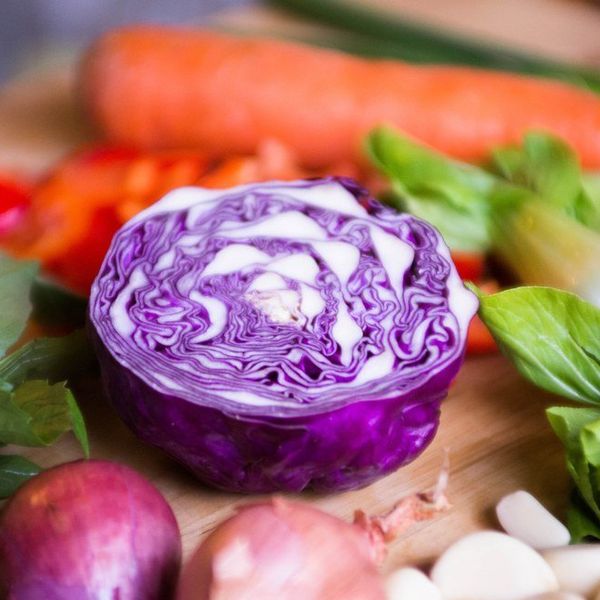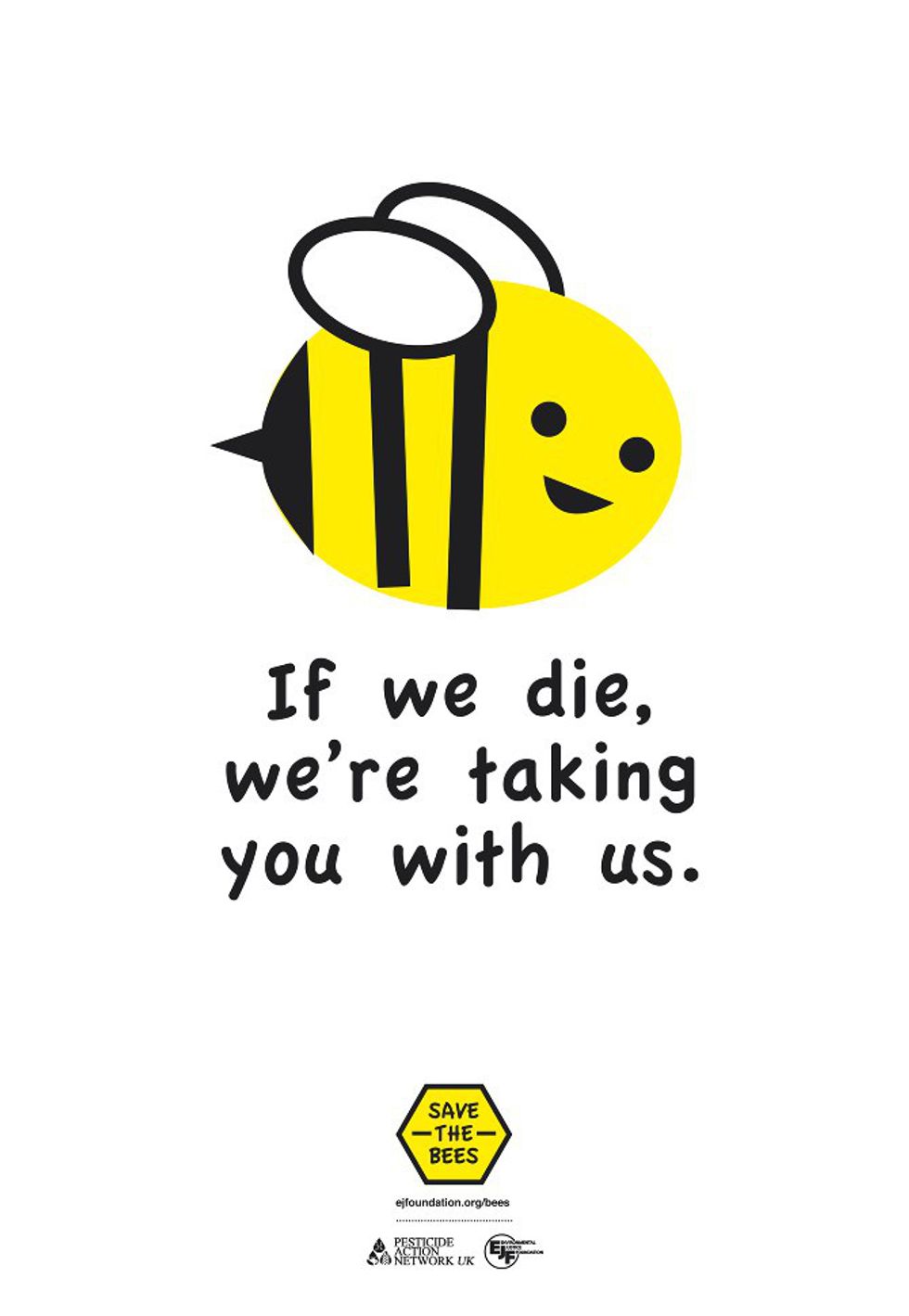Burt's Bees recently launched a new campaign for honey bees called #BringBacktheBees which aims to spread awareness for the decrease in honey bees and to help restore the bees habitat. For the mean time, Burt's Bees is dropping all "b's" to become urt's ees until we can bring back the bees (b's). Clever.
Why are honey bees important?
According to greenpeace.org, honey bees are responsible for one in every three bites of food you eat, performing 80 percent of all pollination worldwide. Ninety percent of the world’s nutrition (fruits, nuts, and vegetables) are all pollinated by bees. Without bees, we wouldn’t be able to have foods such as broccoli, cucumbers, watermelons, apples, almonds, or cherries, just to name a few. Outside of pollination, bees produce honey, which is a crop valued at $317.1 million according to onegreenplanet.org. Combined with the pollination of agricultural crops, honeybees help produce $19 billion in the U.S. alone. Honey bees are essential in sustaining the modern food system. Plus, pollinating flowers makes the earth pretty and that should be enough in itself.
The problem is that the honey bees are disappearing
The United States National Agricultural Statistics show that honey bees have declined by 60 percent since 1947. Scientists point to two main causes for this decline: pesticides and habitat loss. A report by the Department of Entomology at the University of Purdue found that most of the poisoning problems come from insecticides. Urban and suburban development has harmed the honey bee habitats greatly. Habitat degradation (the decline in habitat quality) is another problem. Soil needed for nesting bees is often trampled by vehicles and foot traffic, according to the Great Pollinator Project. Non-native species also decreases the quality of habitat. Invasive species take up space that wildflowers need to grow, leaving the honey bees less flowers they need to pollinate.
Burt's Bees aims to to plant 1 billion wildflowers. To help them do this, you can either tweet b-less tweets using the hashtag #bringbackthebees or you can buy a nifty limited edition urt's ees chapstick. If that's not an effective ad campaign, I don't know what is.
Beyond buying Burt's Bees chapstick, here are 5 more ways you can help save the bees (courtesy of an article by Jayne Leonard)
1. Support local organic farmers.
Organic farmers work with out pesticides which helps the bees2.Limit the amount of insecticides and pesticides you use in your own yard and garden
3. Plant Bee-friendly flowers and shrub.
The British Beekeeprs Association says that Honeysuckle, Rosemary, and Hydrangeas are just a few of the many bee friendly flowers4. Buy local honey.
5. Become a beekeeper.
If you’re looking for niche hobby you can be a beekeeper! Checkout the American Beekeeping Federation on how to start your beekeeping career. There’s even an article by NBC called “Bees give landowners sweet tax breaks.” Check out your states policies on tax exemptions for bee keeping.
Here's a nice video by Lea Michele that you should watch if you appreciate cute things:
In conclusion if you like food, help the world #BringBacktheBees

























